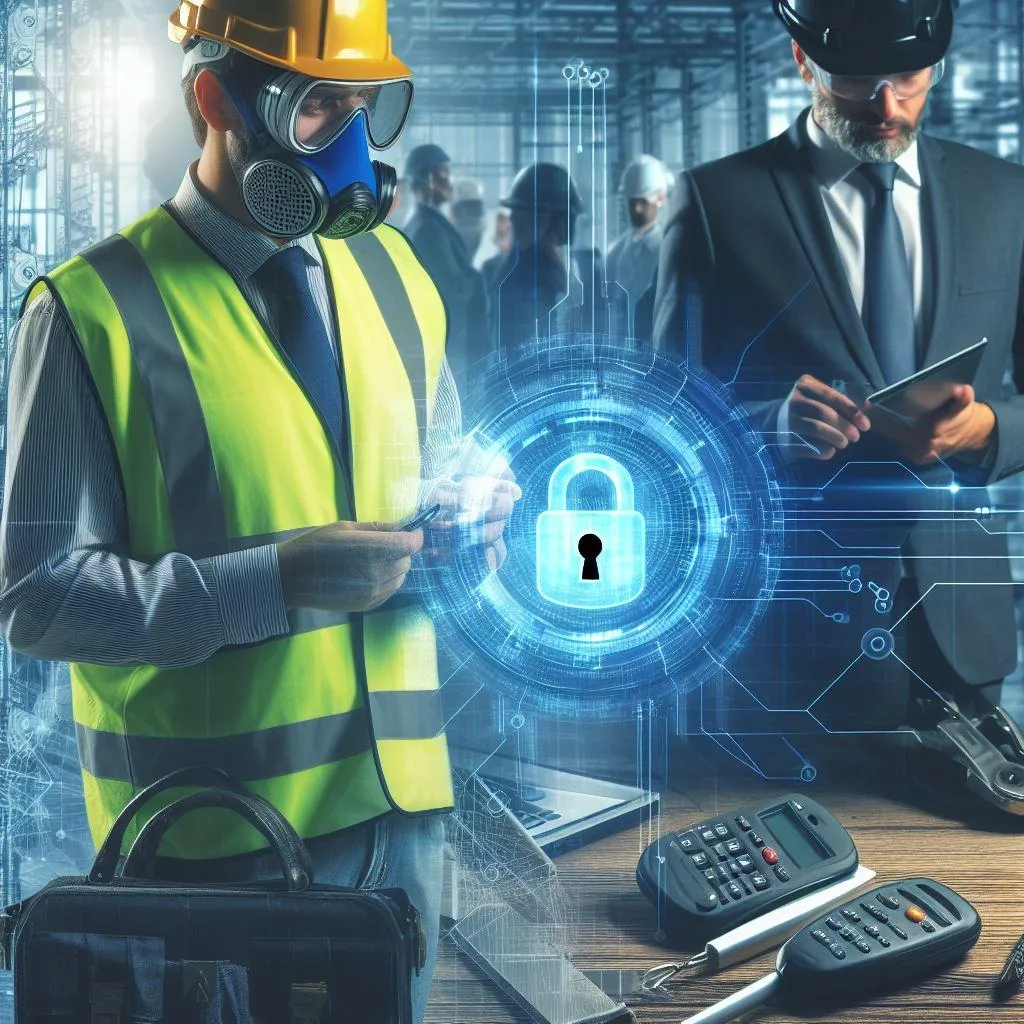
Defying All Odds - Day 26: Two-Factor Authentication: Strengthening Access Security in Construction
“You have to be prepared to fight and finish your own battles.” - Jim Harbaugh
Introduction:
Two-factor authentication (2FA) provides an additional layer of security to protect construction company systems and data from unauthorized access. In this article, we will explore the importance of 2FA in the construction industry and discuss its implementation best practices. By requiring users to provide two forms of authentication, such as a password and a unique code, 2FA helps prevent unauthorized access to sensitive information. By implementing 2FA, construction companies can enhance access security and reduce the risk of account compromise.
In our featured story, we talked about how ZATIS helped a construction company defy the odds and win in the battle against hackers and cybercriminals. Join us today as we discuss the best practices and importance of having two-factor authentication access in a construction company.

In college football, the defensive line plays a crucial role in stopping the opposing team's offense. Similarly, in the field of cybersecurity, Two-Factor Authentication (2FA) can act as a formidable defense line, stopping cyber threats from compromising your systems. Today, we'll explore how 2FA can help construction companies strengthen their cybersecurity and significantly reduce the risk of account breaches.
1. Understanding Two-Factor Authentication

Just as a player in college football is identified by their jersey number and unique skills, 2FA identifies users by two different factors: something they know (like a password) and something they have (like a unique code sent to their phone). This dual verification process significantly reduces the chances of unauthorized access.
2. Importance of 2FA in the Construction Industry

In the construction industry, where sensitive project data and financial information are often stored digitally, unauthorized access can lead to significant losses. Implementing 2FA can add a crucial layer of security, making it much more difficult for cyber threats to penetrate your systems.
3. Implementing 2FA

Just as a college football team practices different defensive plays, there are different ways to implement 2FA. You might use SMS codes, email links, or authentication apps. It's important to consider your company's unique needs and resources when choosing your approach.
4. Training Employees

Every player on a football team needs to understand their role in a defensive play, and the same applies to employees using 2FA. Training sessions can help ensure everyone knows how to use 2FA correctly and consistently.
5. Regular Updates and Maintenance
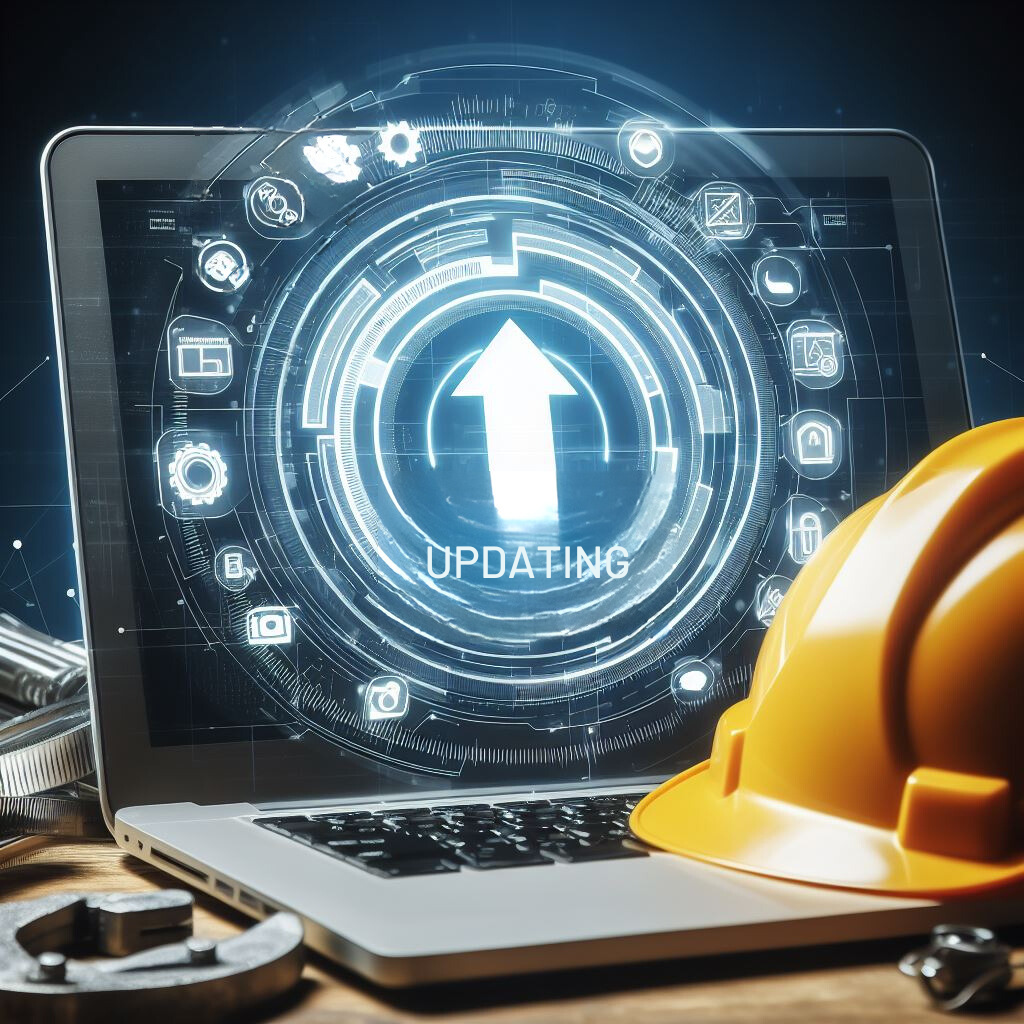
Just like a football team revises their playbook based on the opposing team's tactics, your 2FA strategy must be updated to tackle new threats. Regular system updates and routine check-ups can ensure your 2FA remains a robust line of defense.
Implementing two-factor authentication in your construction company is like adding a tenacious defensive line to your team. It may not guarantee a shutout, but it can significantly strengthen your defenses against cyber threats. So, it's time to huddle up, strategize, and get ready to tackle cybersecurity like a top-tier college football team.
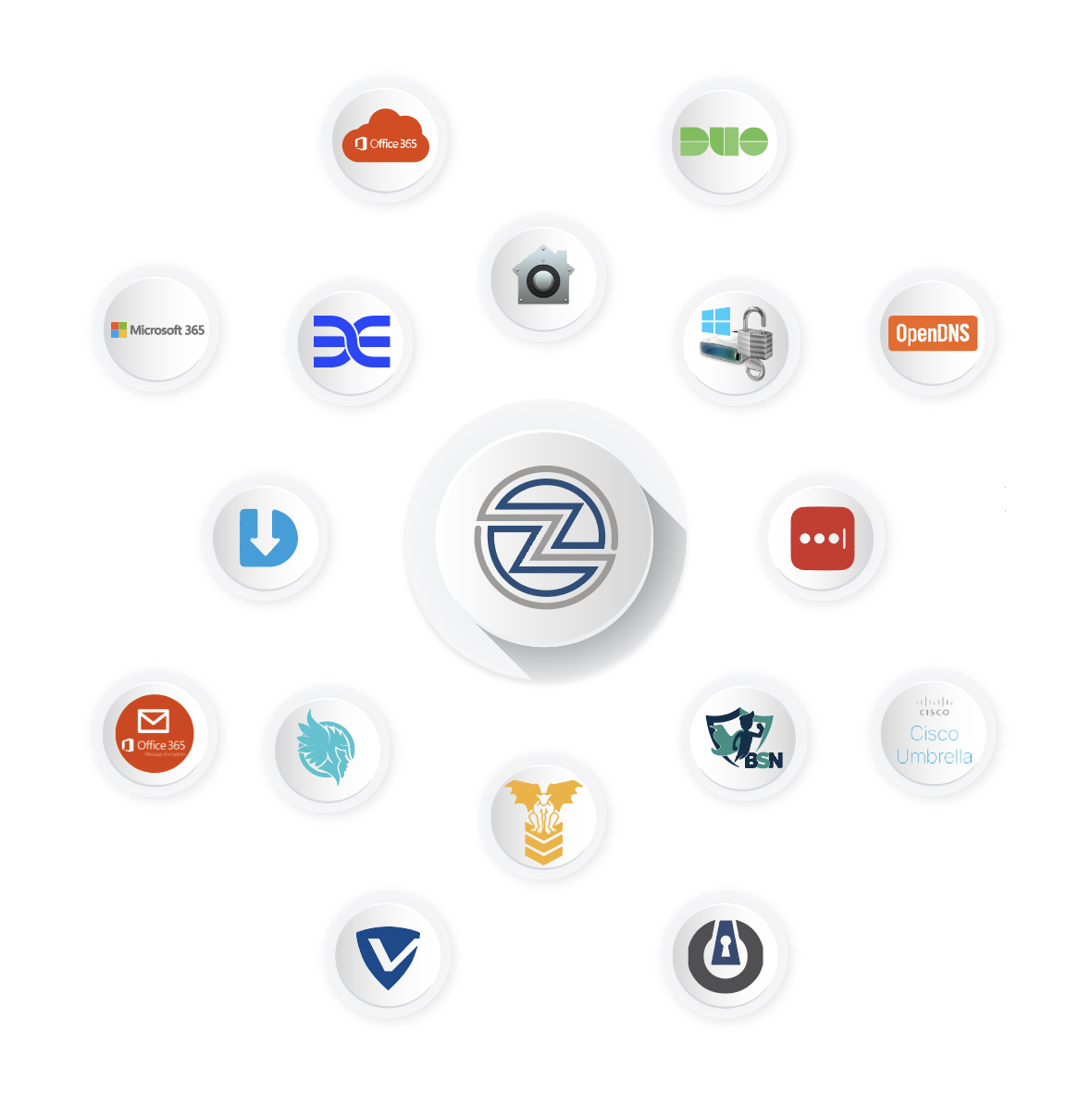
The Importance of Proactive Cybersecurity Measures
To mitigate the risks associated with cyber threats, construction companies must adopt a proactive approach to cybersecurity. Implementing robust cybersecurity measures can help protect the company's assets, maintain client trust, and ensure the smooth operation of projects. Here are some key steps that construction companies can take:
1. Employee Education and Training:
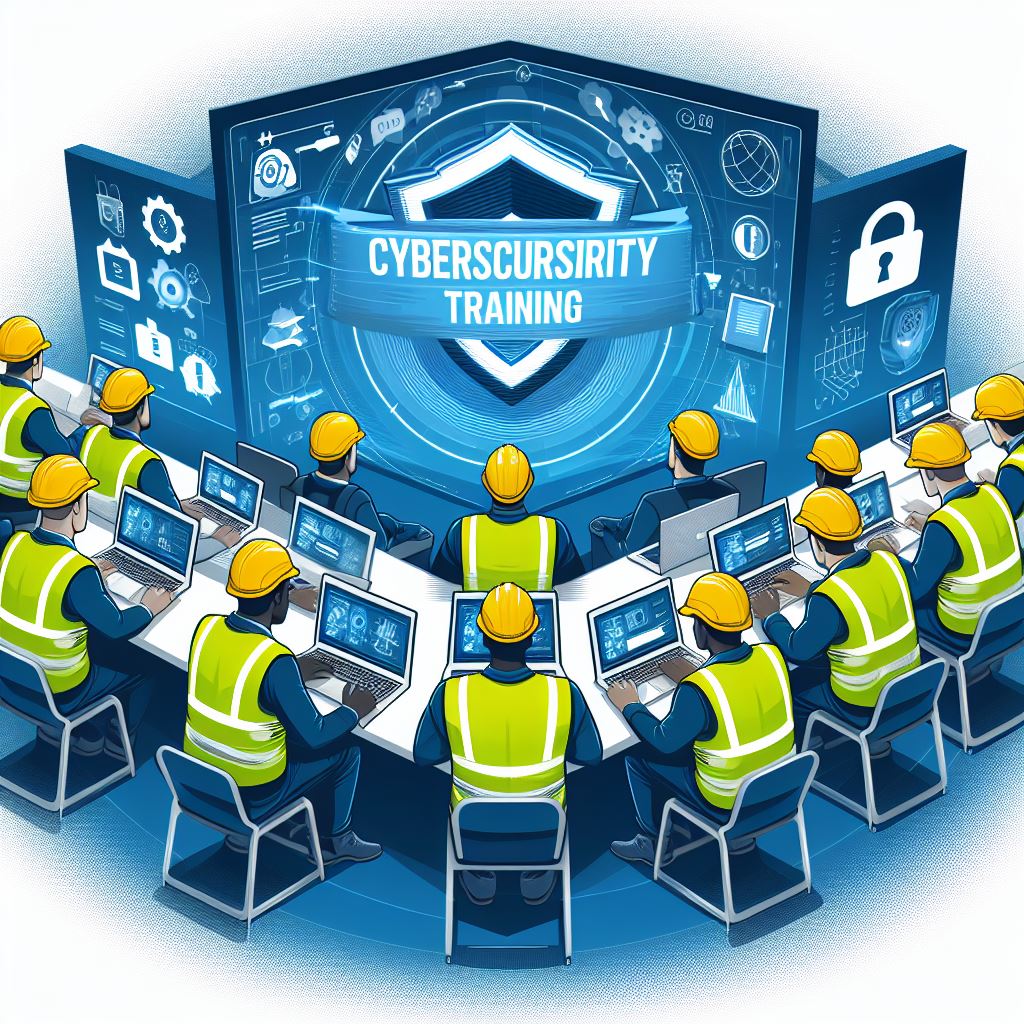
Employees are often the first line of defense against cyber threats. Providing comprehensive training on cybersecurity best practices, such as identifying phishing emails and using strong passwords, can significantly reduce the risk of successful attacks.
2. Regular Security Assessments:
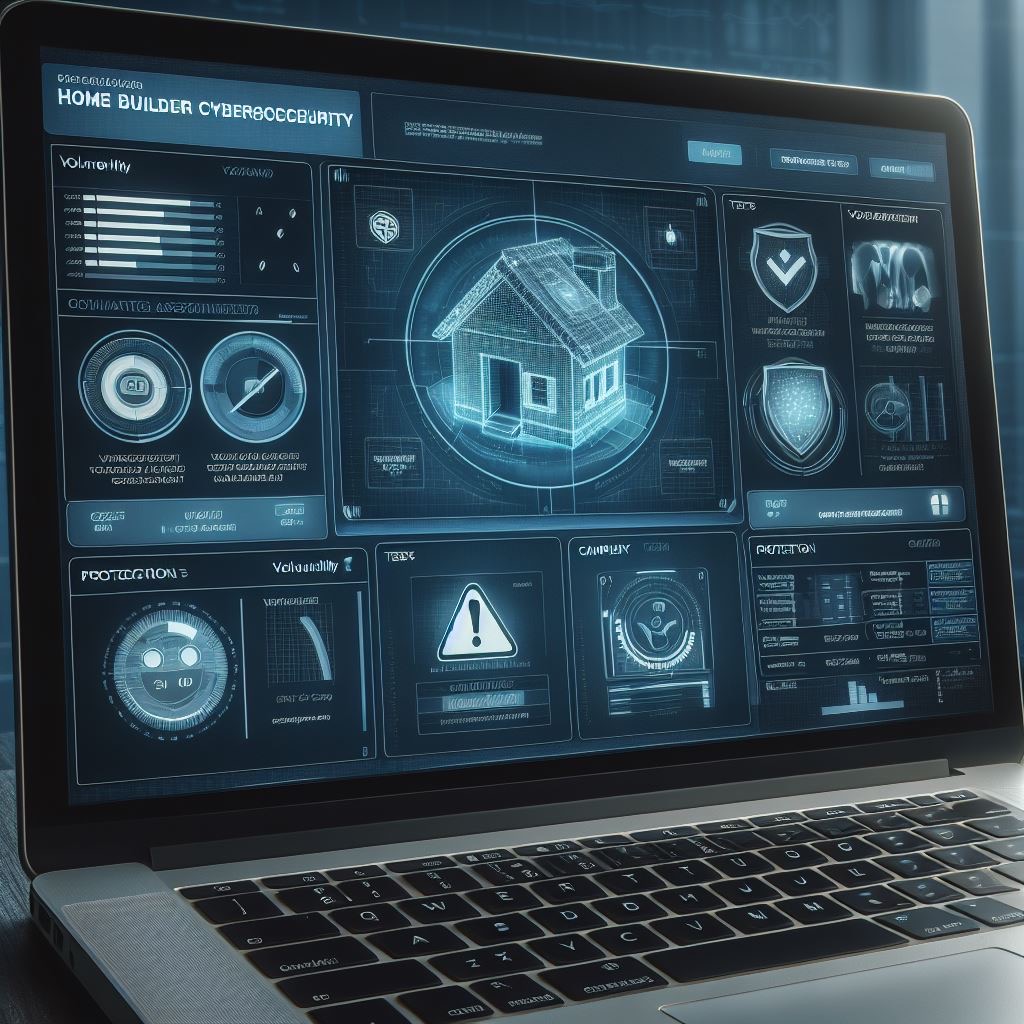
Conducting regular security assessments, including vulnerability scanning and penetration testing, can identify potential weaknesses in the company's systems and infrastructure. This allows for timely remediation before cybercriminals can exploit these vulnerabilities.
3. Secure Network Infrastructure:
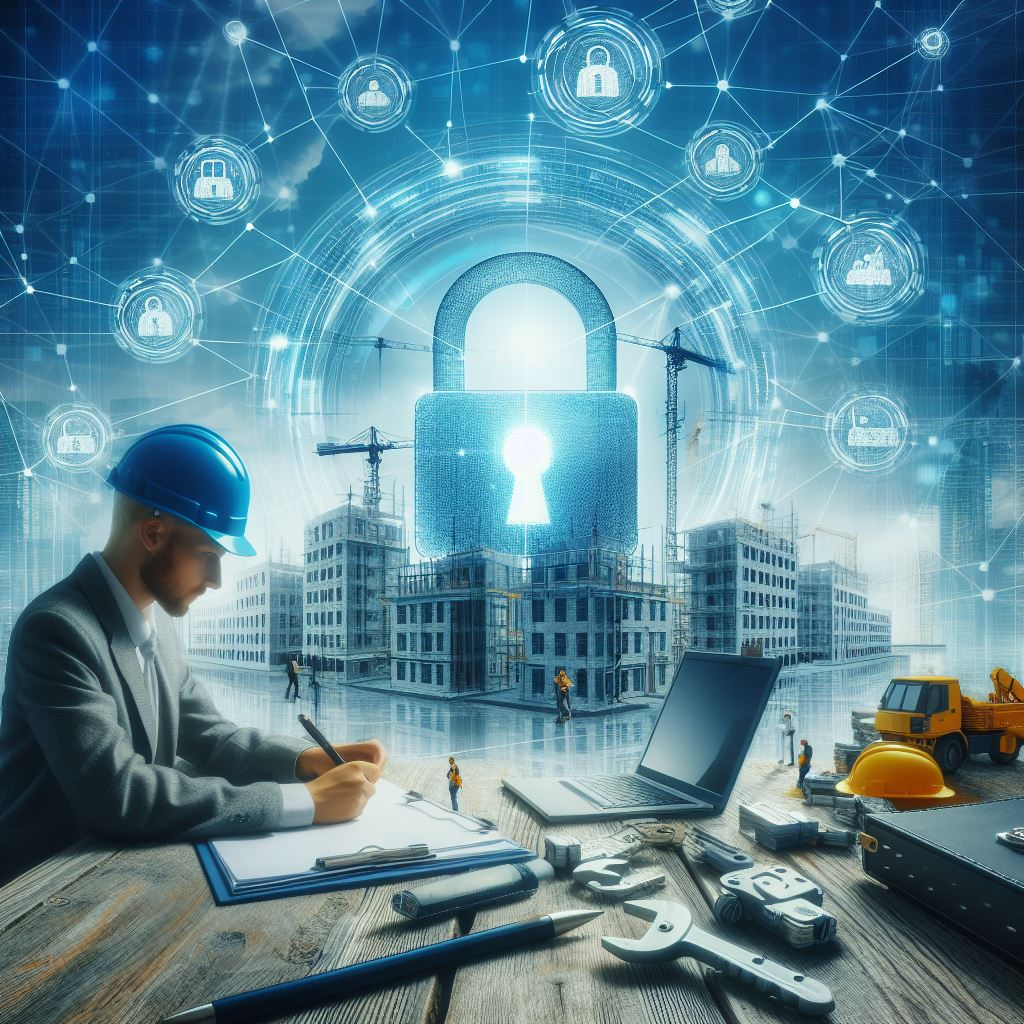
Implementing robust firewalls, intrusion detection systems, and encryption protocols can help safeguard the company's network infrastructure from unauthorized access and data breaches.
4. Access Control and Authentication:
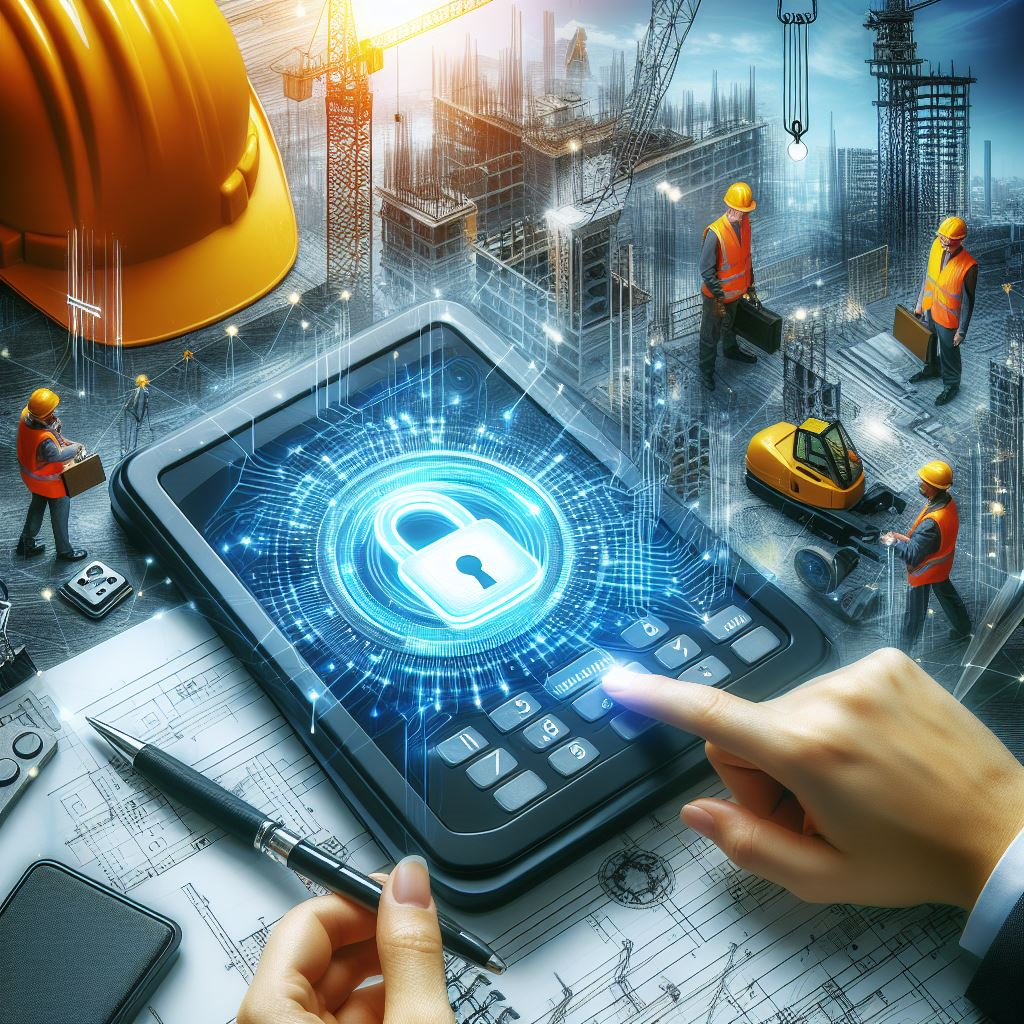
Implementing strong access control measures, such as multi-factor authentication and role-based access controls, can ensure that only authorized individuals have access to sensitive information.
5. Data Backup and Recovery:

Regularly backing up critical data and implementing a robust disaster recovery plan can help minimize the impact of a cyber-attack and facilitate the restoration of operations.
Conclusion:
In an increasingly digitized world, the construction industry must recognize the importance of cybersecurity and take proactive measures to protect its valuable assets. Neglecting cybersecurity can have severe consequences, including financial losses, reputational damage, project delays, legal and regulatory compliance issues, and loss of intellectual property. By prioritizing cybersecurity and implementing robust measures, construction companies can safeguard their operations, maintain client trust, and ensure their long-term success in an evolving digital landscape.
Want to know if your construction company is at major risk of getting hacked? Click here for a FREE 15-Minute Cyber Consult.
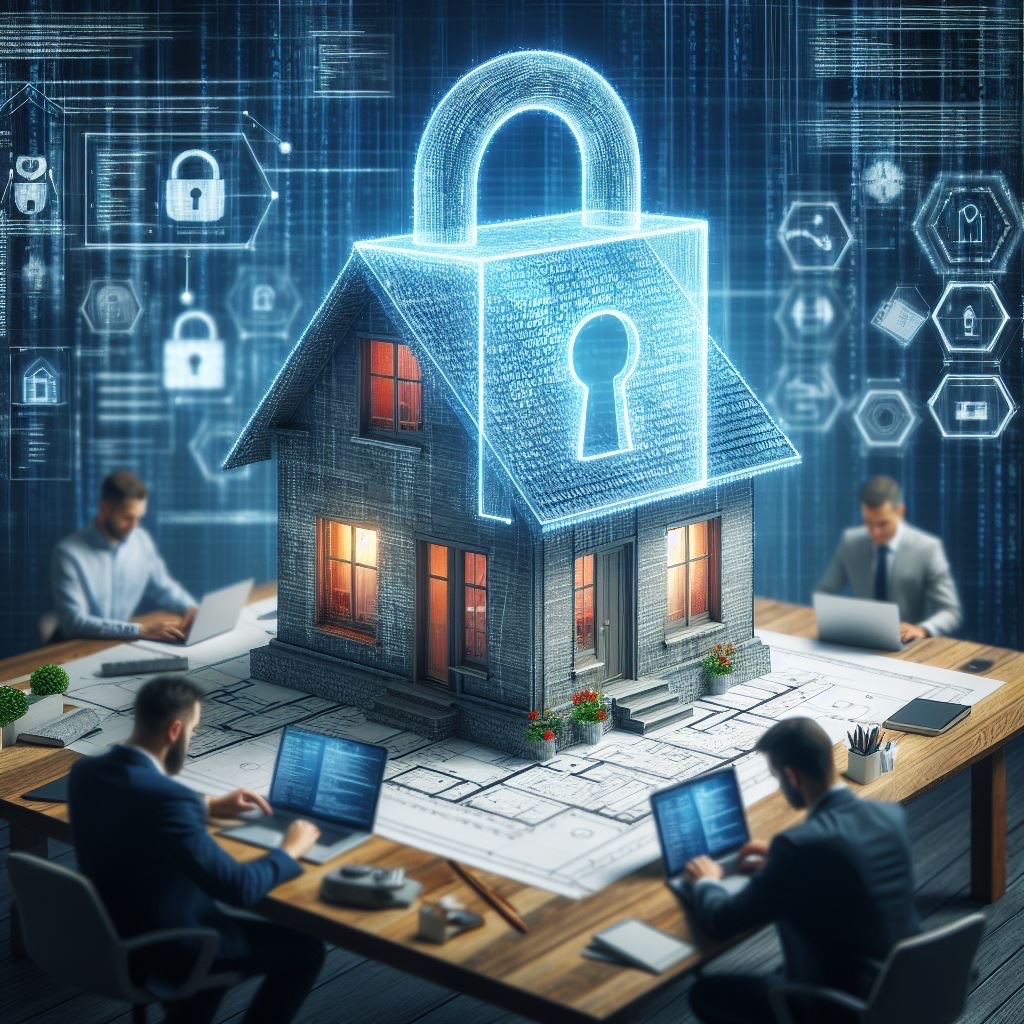
5 Reasons Your Construction Company Needs a Cybersecurity Risk Assessment. 👊
It is important for construction companies to conduct a cybersecurity risk assessment for several reasons:
1. Protection of sensitive data:
Construction companies handle a vast amount of sensitive data, including financial information, project details, client information, and employee records. Conducting a cybersecurity risk assessment helps identify potential vulnerabilities and ensures appropriate safeguards are in place to protect this data from unauthorized access, data breaches, or theft.
2. Mitigating financial losses:
Cyberattacks can result in significant financial losses for construction companies. These losses can stem from data breaches, ransomware attacks, or the disruption of critical systems. By conducting a cybersecurity risk assessment, companies can identify potential weaknesses in their IT infrastructure and take proactive measures to mitigate the financial risks associated with cyber threats.
3. Maintaining business continuity:
A successful cyber-attack can disrupt construction projects, delay timelines, and impact the overall business operations. By conducting a risk assessment, construction companies can identify potential vulnerabilities and implement robust cybersecurity measures to ensure business continuity. This includes having backup systems, disaster recovery plans, and incident response protocols in place.
4. Protecting reputation and client trust:
Construction companies rely on their reputation and client trust to secure new projects and contracts. A cybersecurity breach can undermine trust, damage the company's reputation, and lead to the loss of clients. By conducting a risk assessment and implementing appropriate cybersecurity measures, construction companies can demonstrate their commitment to protecting client data and maintaining a secure operating environment.
5. Compliance with regulations:
Construction companies may be subject to industry-specific regulations and legal requirements regarding data protection and cybersecurity. Conducting a risk assessment helps identify any gaps in compliance and ensures that the company meets the necessary regulatory obligations.
Overall, conducting a cybersecurity risk assessment allows construction companies to proactively identify and address potential vulnerabilities, protect sensitive data, mitigate financial losses, maintain business continuity, protect their reputation, and comply with relevant regulations.
Other resources to help you get started with Cybersecurity
Start your own Cybersecurity initiative:
Here is a quick checklist to get you started with your Cybersecurity initiative. Remember imperfect action beats inaction, get started and keep pushing for progress and awareness with your people.
Update your software
Secure your files
Require passwords
Encrypt devices
Use multi-factor authentication
Protect your wireless network
Make "SMART SECURITY" your business as usual
Require strong passwords
Train all staff
Have a plan
